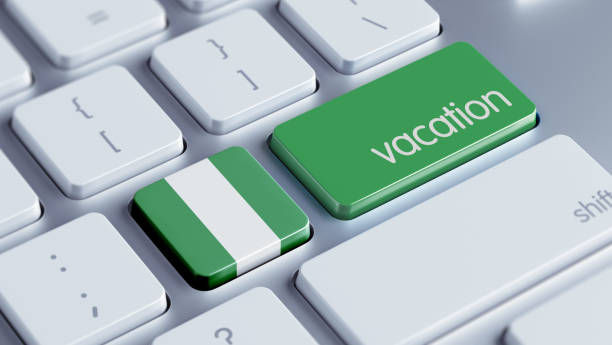Essential Travel Tips for Visiting Nigeria: Safety, Culture, and Practical Advice
- The Global Oreoluwa

- May 15, 2025
- 3 min read

Nigeria is an exciting blend of cultures, landscapes, and vibrant cities. Whether you're exploring the megacity of Lagos, the tranquil mountains of Obudu, or the historical gems of Benin, preparation is key to making the most of your experience.
To help you navigate your journey with confidence, we’ve curated top travel tips covering safety, cultural expectations, transportation, and more—all based on what real travelers and locals want you to know.
1. Visa and Entry Requirements
Ensure your visa is secured in advance. Tourist visas can be obtained through the Nigerian embassy or consulate in your country. You’ll also need a Yellow Fever vaccination card for entry. Travel insurance is highly recommended for added peace of mind.
2. Safety First, But Don’t Panic
Nigeria is safe for tourism in many areas, especially if you’re informed and cautious. Stick to well-known cities like Lagos, Abuja, Calabar, and Jos. Avoid night travel between cities, and stay updated on regional advisories via platforms like TravelSafe or local news.
Tip: Use registered taxis (e.g., Bolt or Uber in major cities), avoid political gatherings, and stay in reputable hotels or verified Airbnbs.
3. Cultural Etiquette and Respect
Nigeria is diverse—with over 250 ethnic groups—so customs vary. Modesty in dress is appreciated, especially in northern or religious regions. Always greet elders respectfully, ask before taking photos of people or places, and be open to trying new cuisines and greetings (like “Bawo ni?” in Yoruba or “Sannu” in Hausa).
4. Currency and Payments
The Nigerian currency is the Naira (₦). While cash is still king in many local markets, digital payments are widely used through platforms like Opay, PalmPay, or POS. Carry some cash for smaller towns, and notify your bank if using international cards.
Pro Tip: Always double-check prices with locals to avoid being overcharged as a foreigner.
5. Transportation Tips
Traffic in Nigeria can be hectic—especially in Lagos. Use ride-hailing apps in big cities, and opt for inter-state buses like God is Good Motors (GIGM) or ABC Transport for long-distance travel. For a local experience, try a keke (tricycle) or okada (bike)—but only in safe areas.
6. Health and Hygiene
Stay hydrated but avoid drinking tap water—opt for bottled or filtered water.
Carry basic meds for malaria, traveler's diarrhea, and pain relief.
Use insect repellent to protect against mosquitoes.
Know the closest hospital or pharmacy, especially in rural areas.
7. Internet & Connectivity
SIM cards from MTN, Airtel, or Glo offer affordable data. Register with a valid ID and enjoy strong coverage in major cities. Internet speeds may vary in rural areas.
8. Respect Local Laws and Religion
Avoid public displays of affection in conservative areas. Alcohol is restricted in parts of the north. Drug use, even marijuana, is illegal. It's also respectful to avoid discussing politics unless invited.
9. When to Visit
Best time to visit is November to April during the dry season. Festivals like Argungu (Kebbi), Calabar Carnival, and Osun-Osogbo are peak cultural moments.
10. Pack Smart
Light cotton clothes, a portable charger, sunscreen, mosquito nets, and culturally appropriate wear (like scarves or long trousers) will make your trip smoother. Don’t forget comfortable shoes—Nigeria is best explored on foot in many areas!
Wrap Up
Nigeria offers so much for the curious traveler—from bustling cities to quiet villages, deep history to delicious jollof rice. With the right prep, open-mindedness, and a little street smarts, you’ll enjoy one of the most dynamic travel experiences in Africa.






Comments